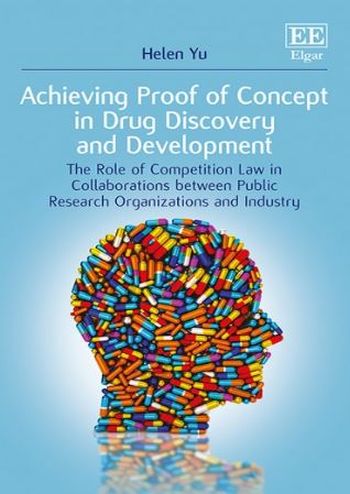
One of the major shortcomings of the current drug discovery and development process is the inability to bridge the gap between early stage discoveries and pre-clinical research to advance innovations beyond the discovery phase.
This book examines a novel drug discovery and development model where the respective expertise of academia and industry are brought together to take promising discoveries through to proof of concept as a way to de-risk the drug discovery and development process.
Expert author Helen Yu explores integrated drug discovery by analyzing the intersection of intellectual property law and competition law and discusses the role of stakeholders in efficient translation and commercialization of publically funded research.
Considering the transactional risks associated with drug discovery and development, this book advocates for a greater emphasis on contractual freedom and economic efficiency when assessing collaborative partnerships between industry and public research organizations.
This standout book bridges the gap between theoretical research and legal practice by providing a research-based applied perspective on university-industry collaborations in drug discovery and development.
Achieving Proof of Concept in Drug Discovery and Development has an international appeal, especially in countries actively involved in drug discovery and development, such as the United States, the United Kingdom, Switzerland, Germany, Japan, India and China. Organizations and associations in the drug discovery and development field would likely be interested in reading a book that provides a research-based applied perspective as well.